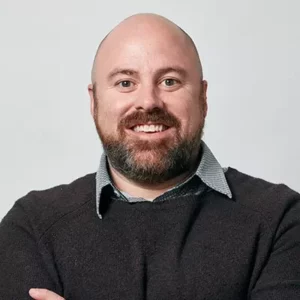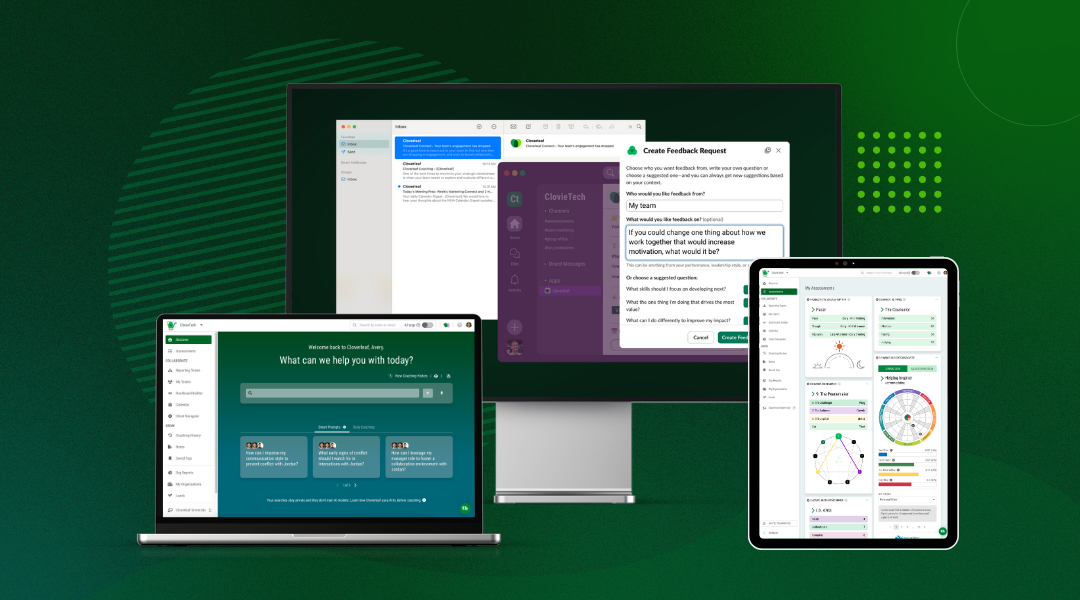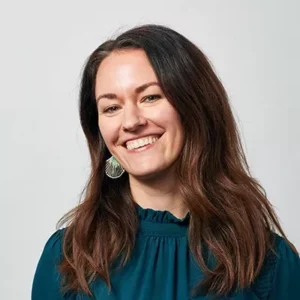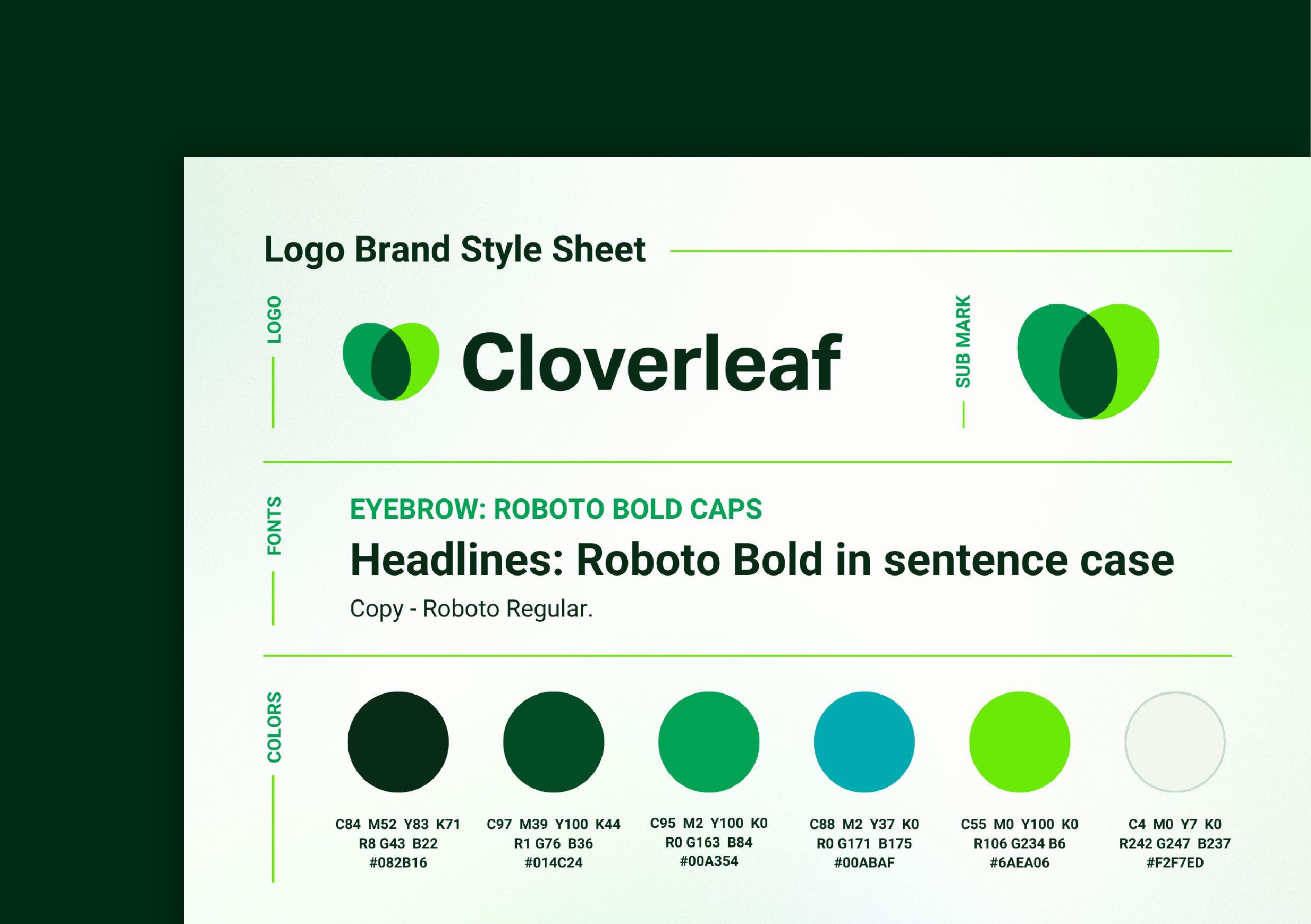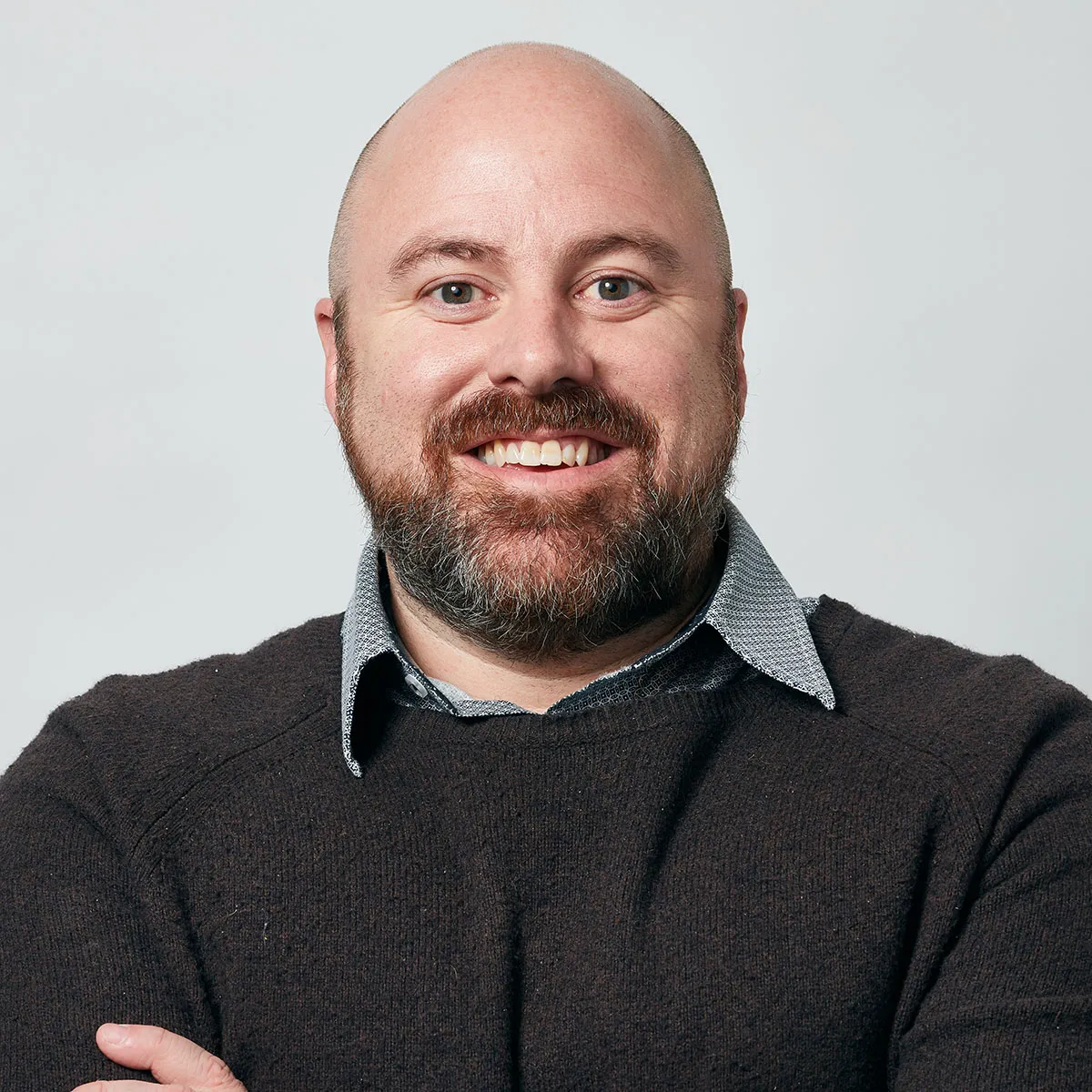Facing Change: Why Curiosity Beats Fear Every Time
Recently, I came across an idea from Chip Conley that captured perfectly what it feels like to navigate big life shifts. Chip described midlife as a subtle but profound transition—from focusing on your external identity (“ego”) to exploring the internal truths (“soul”) that really define you. It’s about shifting from what you’ve built on the outside to discovering what’s been quietly growing on the inside.
This resonated deeply with me because right now, many of us are facing another big shift, driven not by age, but by technology. AI is changing things rapidly, sparking curiosity for some—but fear for many others. It’s tempting to look at AI and wonder what might be lost rather than what could be gained.
But the truth is, whether it’s midlife transitions or technological revolutions, change always forces a decision: Do we retreat into what’s comfortable and known, or do we lean into curiosity and growth—even when that feels uncomfortable or risky?
For me, the answer has always been clear. And it starts by consciously choosing curiosity over fear.
Get the free guide to close your leadership development gap and build the trust, collaboration, and skills your leaders need to thrive.
Midlife: Perfect Time to Start Over (Yes, Even if It’s Scary)” 🫣
When I was in my early 40s, I did something that felt completely counterintuitive at the time—I left a stable corporate career in Audit to start a tech company. It wasn’t just a career pivot; it was a total mindset shift.
I went from a predictable role where my experience and credentials largely shielded me from rejection, to an environment where I faced multiple rejections from investors and potential customers nearly every day. It was humbling, frustrating, and sometimes painful. But more than anything, it was an education in vulnerability.
Chip Conley talks about something called “The Striver’s Dilemma”—the irony that midlife success can become its own kind of trap.
By the time you reach your 40s or 50s, you’ve often built an identity around external markers: your job title, your expertise, your reputation. These become the uniforms you wear—comfortable, reassuring, but also limiting.
You start to believe the idea that to be successful means to avoid failure at all costs. Unfortunately though, your life gets smaller, your world less interesting, and your growth stalled.
I felt this dilemma deeply when I made the decision to become a beginner again. Stripping away the professional identities I’d accumulated over two decades wasn’t easy, but the alternative—settling into comfortable stagnation—was far scarier.
Midlife, I realized, wasn’t a time to cling tighter to what I already knew. It was the perfect moment to learn something new, even if it meant occasionally feeling foolish or uncertain. Especially if it meant those things.
Why Embracing Beginnerhood Makes AI Less Intimidating
There’s something Chip said that really stuck with me: “The key to a great second half of life is putting yourself in situations where you’re a beginner—where you’re learning again.”
When we’re young, being a beginner is just part of everyday life. Kids don’t worry about looking silly or being bad at something—they just dive in. But as adults, especially successful adults, we avoid beginnerhood because we’re afraid of embarrassment, failure, or appearing incompetent.
Yet here’s the truth I’ve discovered firsthand: actively choosing to be a beginner again is incredibly powerful. It frees you from the pressure of needing to have all the answers. Instead, you get to ask questions, experiment, and explore new ideas without needing to immediately be the best at them.
Right now, as AI rapidly reshapes our world, we have another clear choice. We can shrink back into fear, worrying about what this technology might disrupt or take away—or we can embrace beginnerhood again, leaning into the excitement of discovery.
Personally, I’m fascinated by what AI might unlock, rather than what it might replace. I’m diving into prompt engineering, learning how AI can amplify creativity, improve decision-making, and transform leadership development and team dynamics—the areas that matter most to me professionally. It’s humbling. Sometimes it’s challenging. But above all, it’s energizing and meaningful.
In other words, I’m choosing learning over fear—again.
Make Team Development More Impactful

What the Early Days of the Internet Taught Me About AI
I remember vividly being an undergrad in the late 90s, fascinated by the rise of the internet. Everything felt exciting, uncertain, and full of possibility.
There were browser wars between Netscape and Microsoft Explorer, debates about how the internet would be searchable (Yahoo versus Google), and wildly different bets on e-commerce, from niche retailers like Pets.com to Amazon’s ambitious “one marketplace for everything.”
Back then, I desperately wanted to graduate quickly and jump into that arena because I could sense how pivotal that moment was. It felt like history was unfolding right in front of us, and I wanted to be part of shaping it.
Today, we’re standing at another inflection point—this time driven by AI—and I feel the same familiar excitement. There are plenty of unknowns and, yes, reasons to feel nervous. But I see even greater potential. AI isn’t just another tool; it’s a chance to rethink how we lead, collaborate, and build companies in deeply meaningful ways.
Instead of worrying about “holding onto sands in an hourglass,” I’m grateful to be building something at this transformative moment. I hope others see this time the same way—as a rare opportunity to shape the future, rather than simply react to it.
Take a look below at what we’re building at Cloverleaf.
How Curiosity Becomes a Competitive Advantage in Leadership
We don’t often talk about curiosity as a leadership skill. It’s usually framed as a personality trait—something you either have or you don’t. But I’ve come to see it differently. Curiosity is a discipline. It can be practiced, expanded, and even reawakened—especially if it’s been buried under years of expertise, routine, or responsibility.
Scott Shigeoka, in his book Seek, makes the case that curiosity isn’t just a nice-to-have. It’s essential. And research backs him up.
Studies show that curiosity correlates with better problem-solving, stronger relationships, and even longevity. Peter Drucker, one of the most respected management thinkers of all time, used to pick an entirely new subject to study every two years—something completely unrelated to his work. Why? Because he believed curiosity was fuel for his creativity and clarity.
And yet, in many work environments, curiosity is quietly squeezed out by efficiency. The question isn’t “What’s possible?”—it’s “How fast can we get through this meeting?”
But if you’re a leader trying to navigate change—whether it’s brought on by technology, shifting markets, or generational transitions—you don’t just need efficiency. You need to ask better questions. You need to be open to being wrong. You need to create space to explore.
Curiosity isn’t soft. It’s not fluffy. It’s a leadership edge.
Your Best Chapter Could Still Be Ahead
The older I get, the more I believe this: growth doesn’t stop when you hit a certain age—it just changes form. It stops being about climbing ladders or collecting titles and starts becoming about curiosity, meaning, and contribution. But you only access that kind of growth if you’re willing to get uncomfortable again. If you’re willing to be a beginner.
That’s the invitation in front of all of us—especially right now. Whether you’re navigating midlife questions about identity, or trying to make sense of how AI will reshape your work, the instinct to hunker down and cling to what you know is real. But so is the opportunity to lean in, get curious, and build something new.
I’ve found more creativity, energy, and meaning in these past few years than I ever expected—not because I had it all figured out, but because I gave myself permission to not know, to explore, and to learn forward.
So whether it’s launching something new, diving into AI, or picking up a hobby that reminds you what it feels like to be joyfully bad at something—my hope is that you won’t choose fear.
Choose learning.
Your best chapter might still be the one you haven’t written yet.


